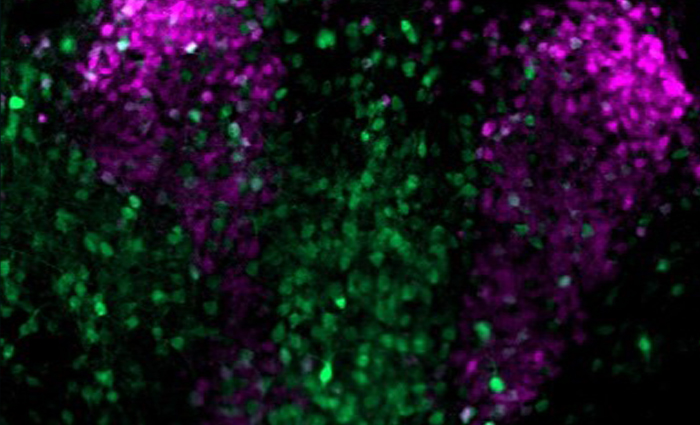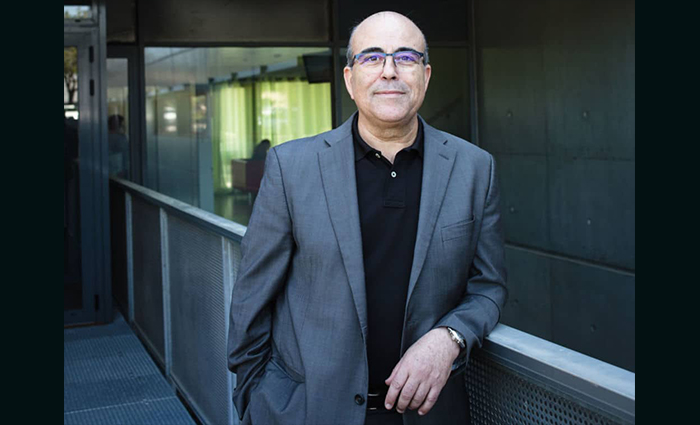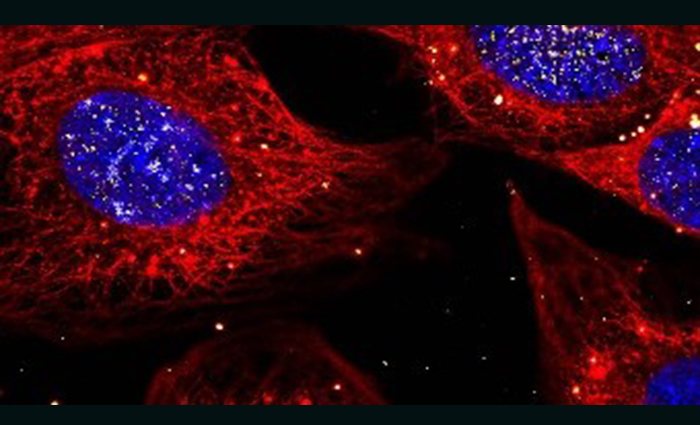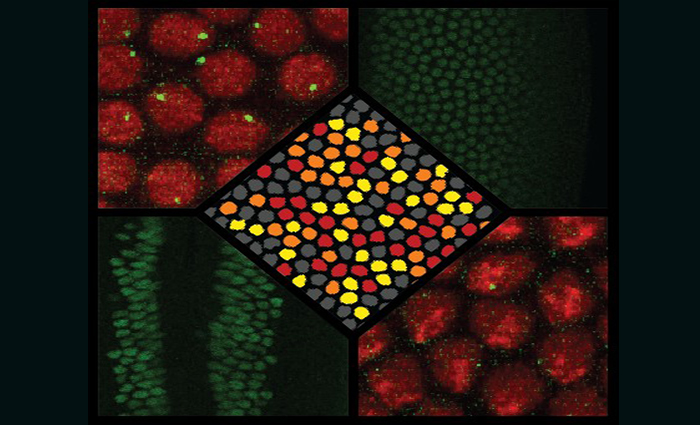Acute Myeloid Leukemias (AML) are very aggressive hematological malignancies, which treatment is mostly based on intensive chemotherapies. This treatment has not significantly changed in the past 40 years and is characterized by a high relapse rate. Differentiation therapies, in particular those using all-trans retinoic acid (ATRA) are an alternative to chemotherapies. They aim at restoring the differentiation of AML cells and induce a cell cycle arrest and their death. However, they are only efficient in Acute Promylocytic Leukemis, a minor subtype of AML. The work by Hayeon Baik et al, from the Oncogenesis and Immunotherapy team, and published in Cancer Research, has shown that SUMOylation, a post-translational modification of the ubiquitin family, repress ATRA target genes, in particular those involved in differentiation, cell cycle arrest and apoptosis. Pharmacological or genetic inhibition of SUMOylation reactivates these genes and facilitates the differentiation and death of leukemic cells in various models, including patient cells. Altogether this work opens new therapeutic perspectives in the treatment of AML, a very poor prognosis cancer.
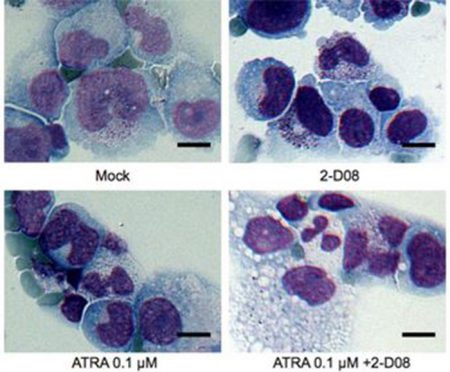
To know more
Baik H, Boulanger M, Hosseini M, Kowalczyk J, Zaghdoudi S, Salem T, Sarry JE, Hicheri Y, Cartron G, Piechaczyk M, Bossis G.
Cancer Res. 2018 Feb 27. pii: canres.3361.2017. doi: 10.1158/0008-5472.CAN-17-3361.



